Writing: Memoirs
Aurora Levins Morales
Aurora Levins Morales is an author, artist, activist, and historian whose work as been critical to third-wave feminism, Puerto Rican and Latinx feminism, disability justice, radical Judaism, climate change activism, and grassroots. organizing.
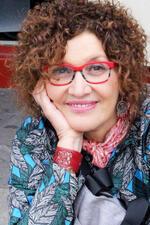
Myriam Moscona
Myriam Moscona is a Sephardic Mexican poet, novelist, journalist, and translator. She is the author of Tela de sevoya/ Onioncloth, an award-wining novel about the Sephardic experience, reflecting on death and Ladino, and Ansina (Like that, 2015), a book of poetry entirely written in Judeo-Spanish.
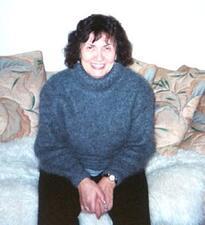
Galina Nizhnikov Veremkroit
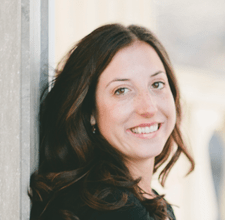
Jessica Posner Odede
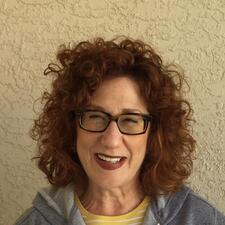
Barbara Ostfeld
Barbara Ostfeld became the first ordained female cantor at age 22, serving a number of temples in her tenure. Ostfeld was passionate about music from a young age and finds joy in her work through poetry and musical theory alike. She is also a writer; her essays on feminism and cantorial work have been printed in several publications.
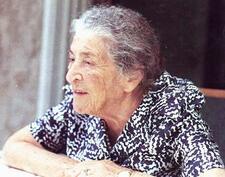
Bracha Peli
Bracha Peli was unique among the literary community of pre-state Palestine, creating what was probably the most successful and dynamic publishing house in the country at the time. Born Bronya Kutzenok in Tsarist Russia, Peli had an expansive and highly successful career.

Phoebe Yates Levy Pember

Rose Pesotta
Rose Pesotta was an iconic labor organizer and president of the International Ladies' Garment Workers Union (ILGWU) in the early twentieth century. Pesotta saw her union organizing as an opportunity to fulfill the anarchist mandate “to be among the people and teach them our ideal in practice.”
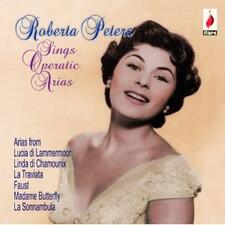
Roberta Peters
Singer Roberta Peters led a career spanning more than half a century as one of the Metropolitan Opera’s most popular sopranos. A frequent performer on the radio, television, and stages around the world, Peters was also involved with many public health and Jewish organizations throughout her life.
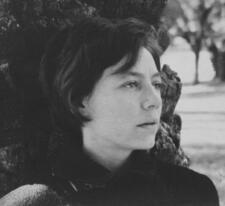
Alejandra Pizarnik
With a vast body of work that includes books of poetry, prose works, essays, and diaries, Alejandra Pizarnik (Argentina, 1936-1972) stands out as one of the most important and influential figures in twentieth-century Latin American poetry.
Maya Plisetskaya
Maya Plisetskaya was one of the legendary ballerinas of her generation. Her aunt and uncle, Sulamif and Asaf Messerer, helped to guide her into the ballet world, despite the persecution they faced during World War II. In 1943 she joined the Bolshoi and remained a principal dancer well into the 1960s.
Pauline Podbrey
Pauline Podbrey was a committed Communist and anti-Apartheid activist. A Lithuanian child migrant to South Africa, she moved away from her Jewish roots and endured exile as a result of her mixed-race marriage, only to become disillusioned with Communism.
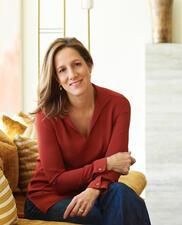
Abigail Pogrebin
Poland: Early Modern (1500-1795)
Polish Jewish Women played a complex role in their society and culture during the early Modern Period. This role was usually gender segregated, but upon a closer look, was more gender flexible than one might think.
Poland: Interwar
A minority habitually ignored by scholars, Polish-Jewish women played important roles in the changing cultural and political framework of the interwar years.
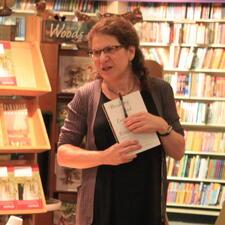
Eileen Pollack
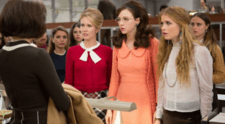
Lynn Povich
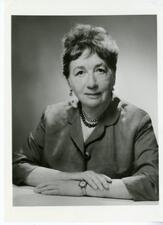
Hortense Powdermaker
Hortense Powdermaker explored the balance of involvement and detachment necessary for participant-observer fieldwork in cultural anthropology, stressing the ability to “step in and out of society.” Her secular Jewish identity was apparently a factor in learning this skill, exemplified in an academic career that included thirty years of college teaching and the writing of five major books based on widely diverse fieldwork studies.
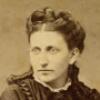
Mary Goldsmith Prag
One of California’s first Jewish educators, Mary Goldsmith Prag came to San Francisco as a young child during the Gold Rush. She became a religious and secular teacher, an administrator, a fighter for equal rights for women, and the mother of the first Jewish congresswoman, Florence Prag Kahn.
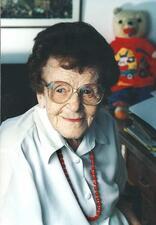
Prose Writing in the Yishuv: 1882-1948
Female Yishuv writers have often been ignored in discussions of Jewish literature from the period. As the sometimes-melancholy tone and escapist themes of their writing show, these women struggled to escape the margins in pre-state Palestine. Nonetheless, the works of these female writers offer important insights into the lives of Yishuv women and paved the way for contemporary women writers.
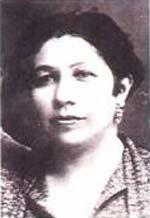
Esther Raab
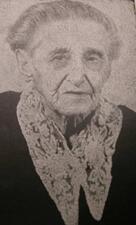
Puah Rakovsky
Puah Rakovsky dedicated her life to working towards the empowerment of Jews, particularly of Jewish women. She was a revolutionary woman, taking on important roles as an educator, translator, organizer of women, and an early socialist Zionist.
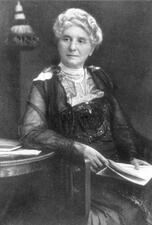
Elise Richter
Elise Richter could not pursue a university degree until she was in her 30s, when she became part of the first group of women to study at the University of Vienna. She received doctoral and post-doctoral degrees and subsequently taught classes on various Romance languages while publishing extensively, making important contributions to the field of historical and comparative linguistics.
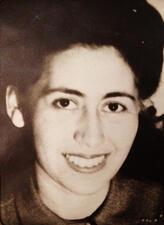
Frances Kroll Ring
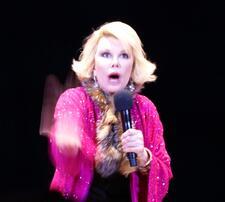
Joan Rivers
In revues, nightclub acts, concert halls, and on television, Joan Rivers popularized and perfected a genre of comedy that challenged reigning social conventions. After breaking into Chicago’s comedy scene in 1961 at Second City, Rivers became known for her comedic routines, books, and the talk show for which she won an Emmy for in 1990.


